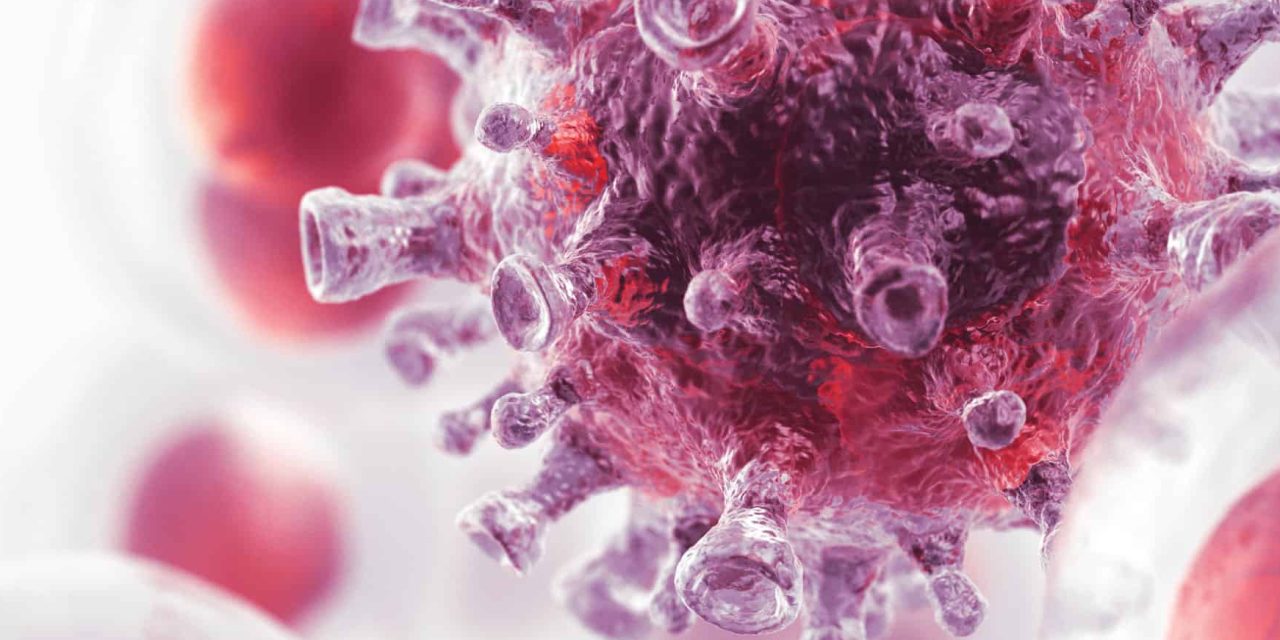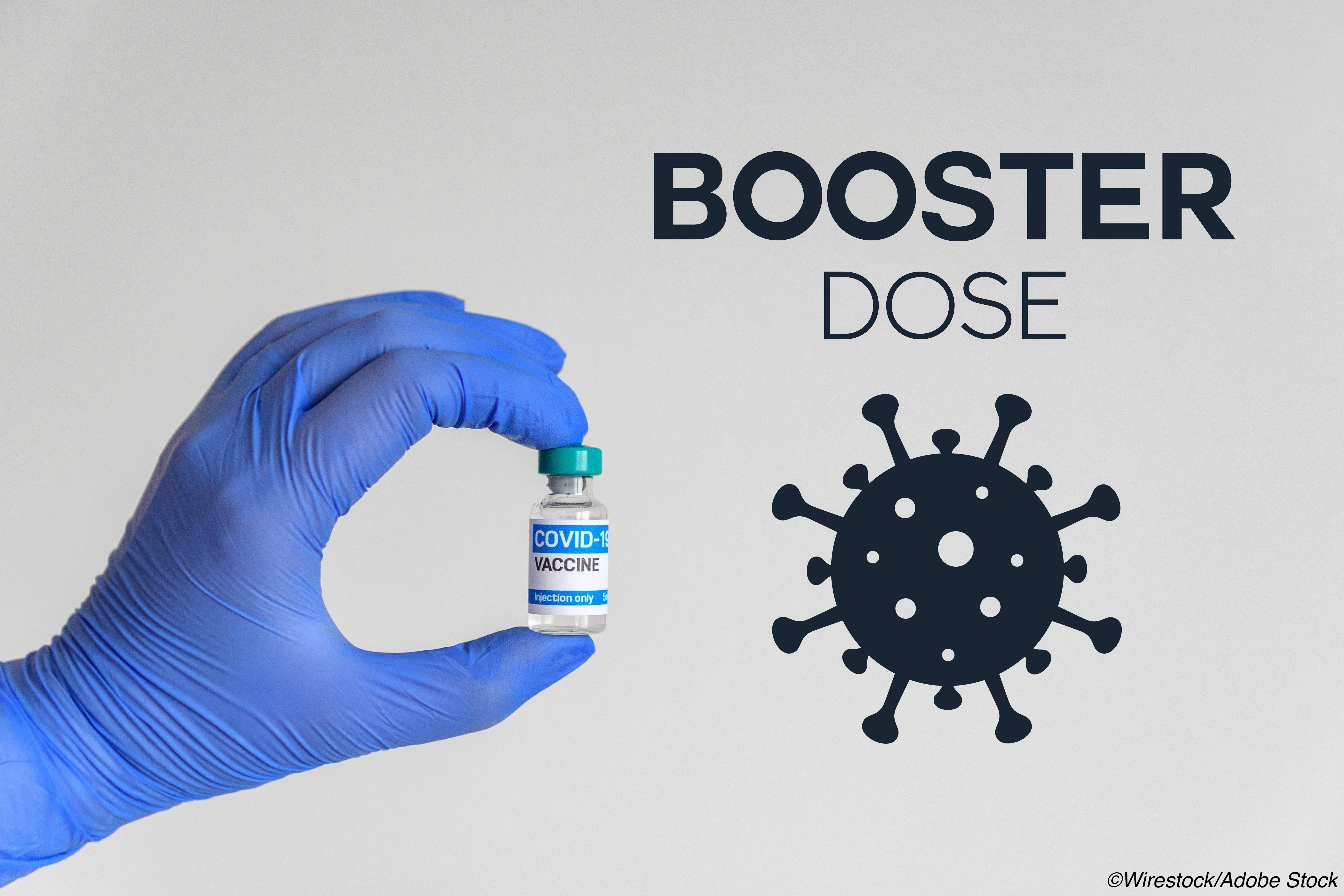Different Covid-19 vaccines produced acceptable, but varying, immune responses when given as third, booster doses following full vaccination with either the BNT162b2 or ChAdOx1-nCov19 vaccines in the randomized, phase II COV-BOOST study from the United Kingdom.
Researchers assessed immune response for seven Covid-19 vaccines given as booster doses, 10 to 12 weeks after receipt of a second dose of the Pfizer-BioNTech BNT162b2 (BNT) or AstraZeneca ChAdOx1-nCov19 (ChAd) vaccines.
All seven were found to increase immunity in ChAd recipients, while six of the seven increased immunity in the BNT recipients. No serious safety concerns were shown with any of the vaccines used for third dosing in the trial, published online December 2 in The Lancet.
Increases in anti-spike protein antibodies following booster vaccination varied between vaccines 28 days after the booster dose was given. In ChAd recipients, the range was 1.8 to roughly 32-times higher, and in BNT vaccine recipients spike protein antibody increases ranged from 1.3 to 11.5 times higher, noted researcher Alasdair Munro, MD, of the University Hospital Southampton, U.K., and fellow COV-BOOST investigators.
The Covid-19 vaccines used for booster dose included the BNT and ChAd vaccines, along with five others: NVX-CoV2373 (Novavax), Ad26 COV2.S (Janssen), mRNA-1273 (Moderna), VLA2001 (Valneva) and CVnCoV (Curevac).
“It is really encouraging that a wide range of vaccines, using different technologies, show benefits as a third dose to either AstraZeneca or Pfizer-BioNTech,” researcher Saul Faust of the University Hospital Southampton NHS Foundation Trust noted in a press statement. “That gives confidence and flexibility in developing booster programs here in the UK and globally, with other factors like supply chain and logistics also in play.”
The COV-BOOST study included adults who were over 30 years of age with no history of SARS-CoV-2 infection who received a third Covid-19 vaccine dose at least 70 days after receipt of a second dose of ChAd or at least 84 days after receipt of a second dose of BNT. Initial vaccinations occurred between December 2020 and February 2021.
The 2,878 participants enrolled in the booster study received either one of the seven Covid-19 vaccines as a third dose, or a meningococcal conjugate vaccine, which served as the study control.
Thirteen experimental and control arms were included in the trial: seven booster vaccines plus three boosters at half doses and three control arms.
Primary study outcomes included adverse effects seven days after receiving the third vaccine dose and antibody changes targeting the spike protein on the surface of Covid-19 virus cells after 28 days, compared to controls. Secondary outcomes included the response of T cells to wild type, Alpha, Beta and Delta variants of Covid-19.
Among the main findings:
- Three vaccines showed overall increased reactogenicity: mRNA-1273 after two doses of either primary vaccine; and ChAd and Ad26 COV2.S after two doses of BNT.
- Among participants receiving ChAd as their primary vaccine, spike IgG geometric mean ratios (GMRs) between study vaccines and controls ranged from 1.8 (99% CI, 1.5–2.3) in the half VLA group to 32.3 (95% CI, 24.8–42.0) in the mRNA-1273 group.
- Among participants receiving BNT as their primary vaccine, spike IgG GMRs ranged from 1.3 (99% CI, 1.0–1.5) in the half VLA2001 group to 11.5 (95% CI, 9.4–14.1) in the mRNA-1273 group.
- Booster dose responses did not vary by age, and fatigue and pain were the most commonly reported adverse events. Adverse events were more common in study participants younger than 70 years of age.
Study limitations cited by the researchers included the short interval between the second and third vaccine dose, which was deemed necessary to generate data expeditiously during the Covid-19 pandemic, and the exclusion of people age 30 and younger from the study.
They noted that ChAd and BNT are two of the most widely used Covid-19 vaccines, with ChAd being used in more than 180 countries and BNT in around 145.
“Policy makers and national immunization advisory committees should establish criteria for choosing which booster vaccines to use in their populations,” they concluded. “This decision should be based on immunological considerations, known side-effect profiles, in-country availability, and ultimately a decision on what level of boost is sufficient in the context of national strategic disease control objectives.”
-
Different Covid-19 vaccines produced acceptable, but varying, immune responses when given as third, booster doses following full vaccination with either the BNT162b2 or ChAdOx1-nCov19 vaccines in the randomized, phase II COV-BOOST study.
-
All seven vaccines tested as boosters were found to increase immunity in ChAd recipients, while six of the seven increased immunity in the BNT recipients. No serious safety concerns were shown with any of the vaccines used for third dosing in the trial.
Salynn Boyles, Contributing Writer, BreakingMED™
This research was funded by the UK Vaccine Taskforce and the National Institute for Health Research. Several researchers reported serving as investigators on studies funded or sponsored by vaccine manufacturers including AstraZeneca, GlaxoSmithKline, Janssen, Medimmune, Merck, Pfizer, Sanofi, and Valneva. Researcher Anna L Goodman reported possibly benefiting from royalty income paid to the University of Oxford from sales of the AstraZeneca and its sublicensees under the University’s revenue sharing policy. Researcher John Haughney reported receiving payments for presentations for AstraZeneca, Boehringer Ingelheim, Chiesi, Ciple, and Teva.
Cat ID: 190
Topic ID: 79,190,730,933,190,926,192,927,151,928,925,934



